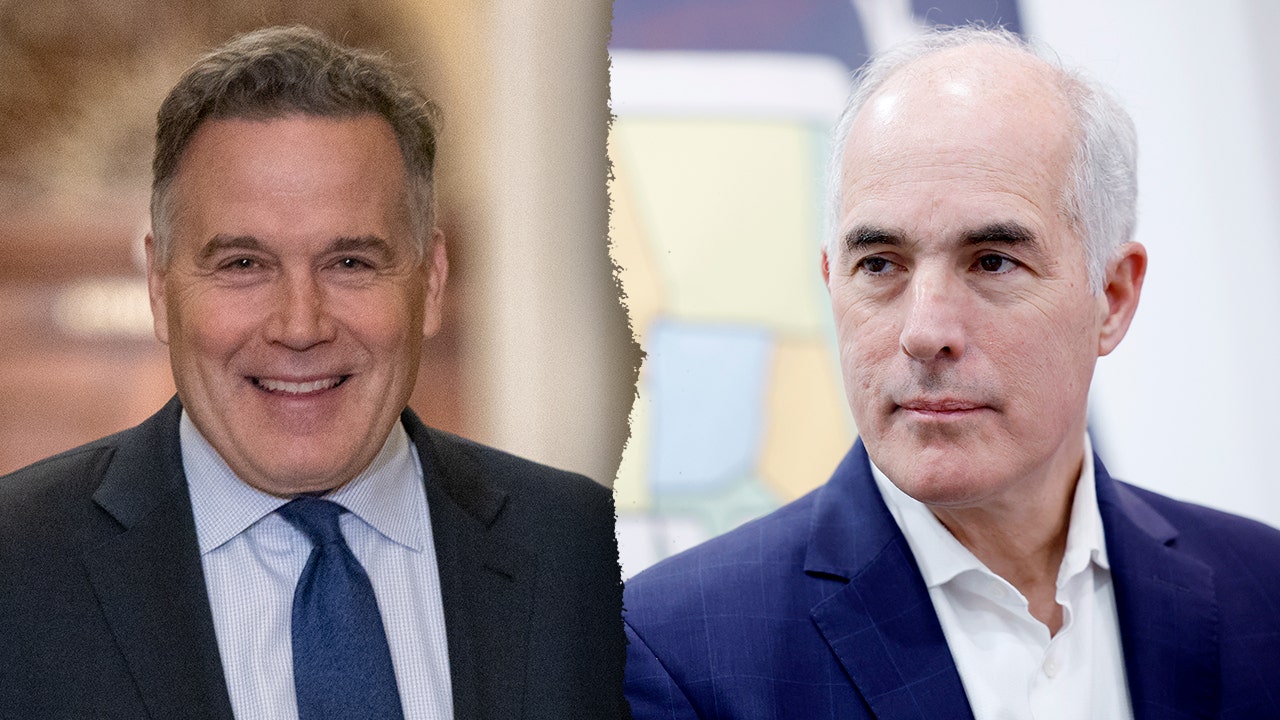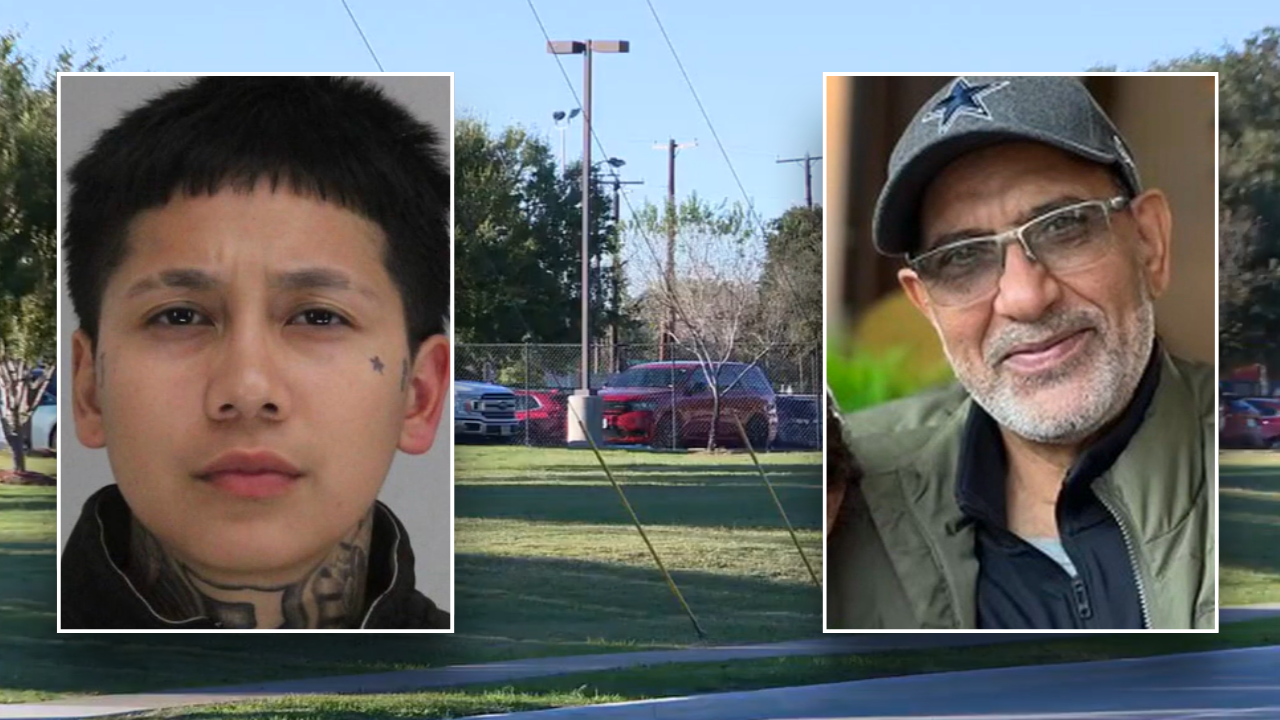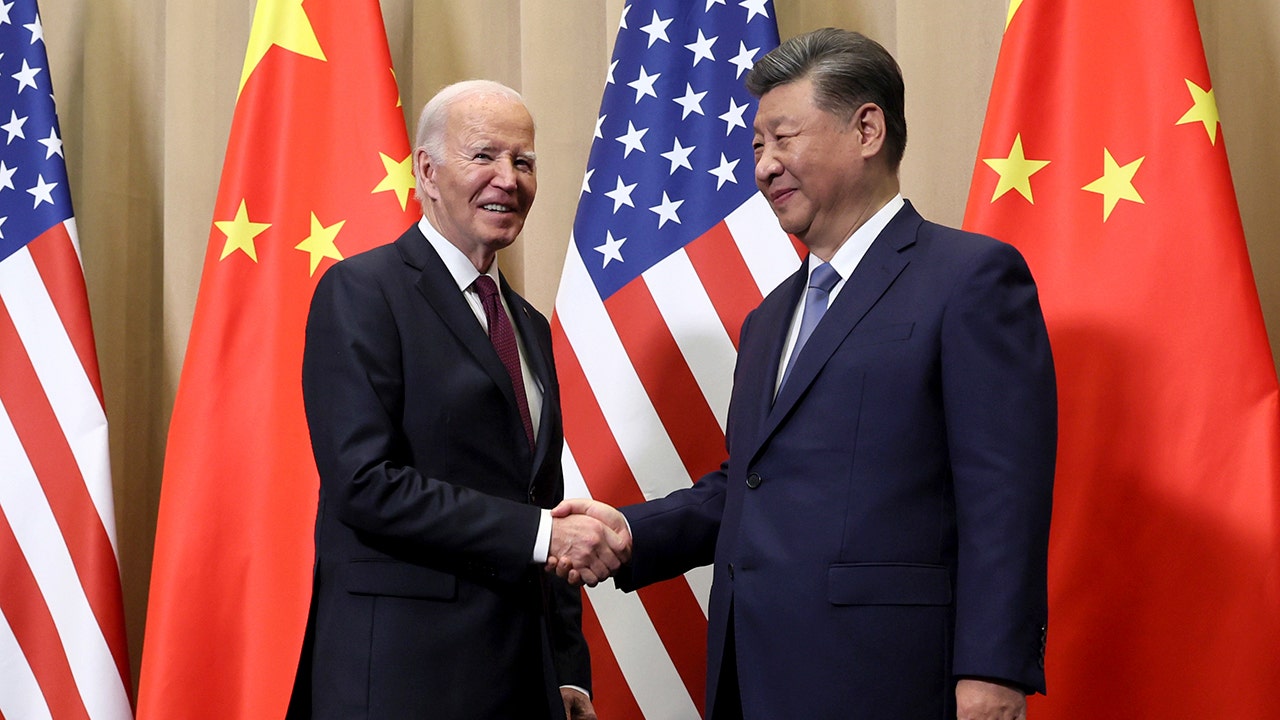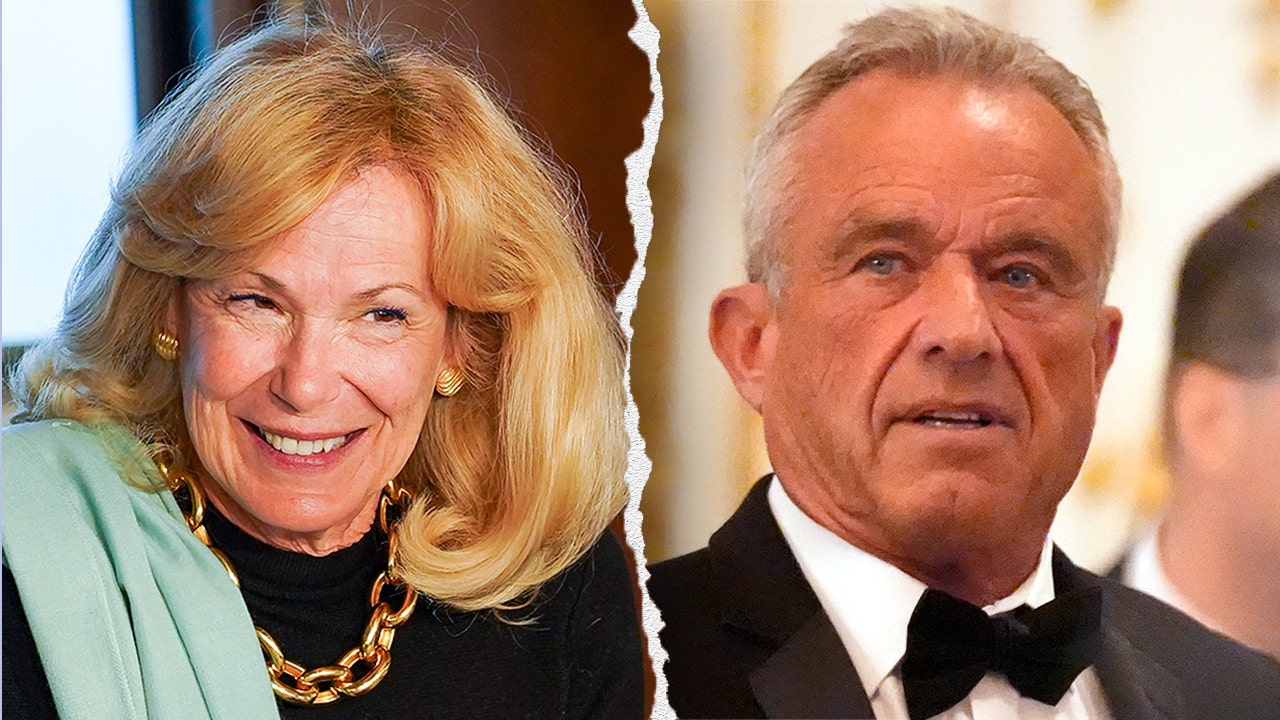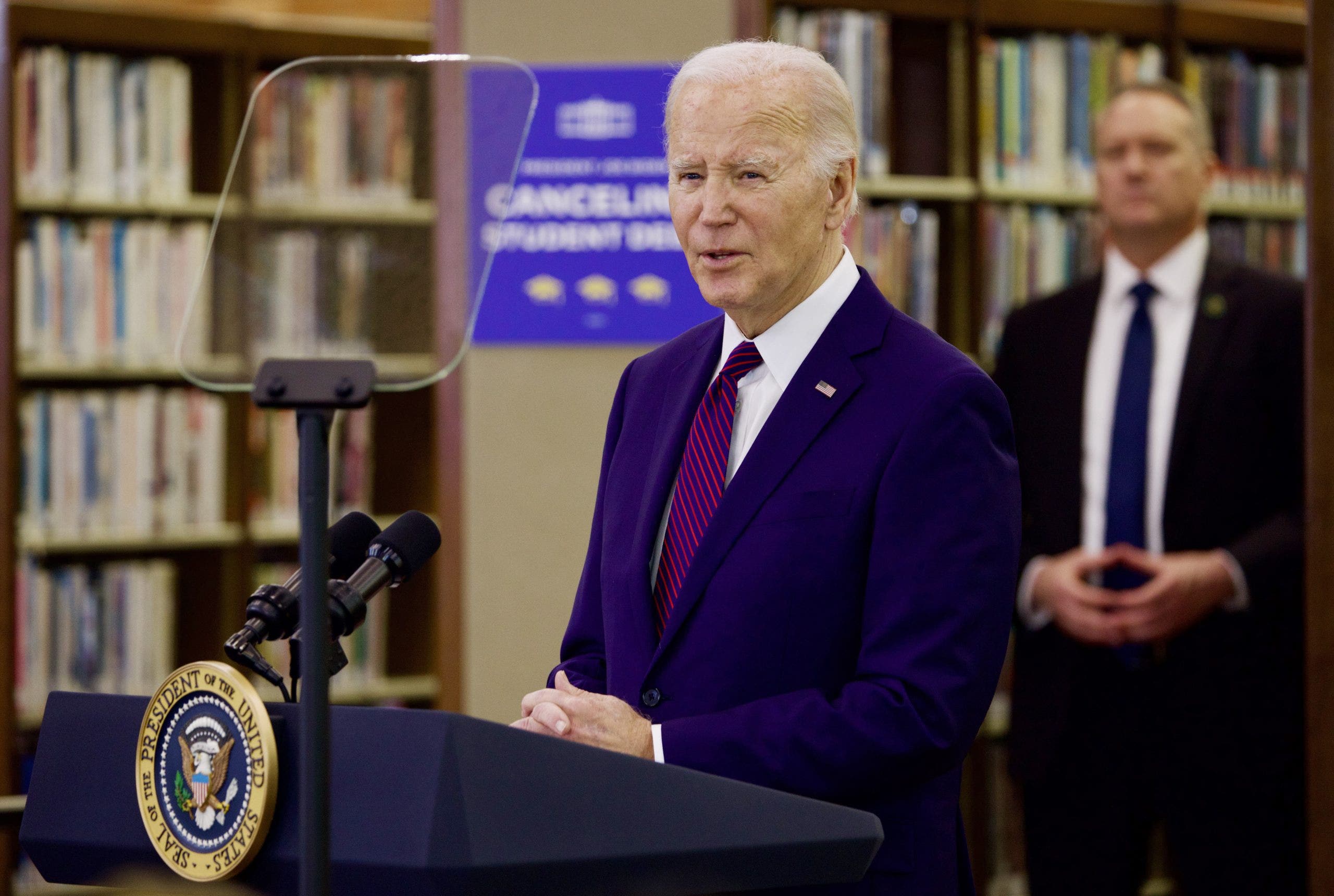Entire federal agencies will be “deleted” under President-elect Donald Trump’s so-called Department of Government efficiency, entrepreneur Vivek Ramaswamy pledged.
Ramaswamy, the co-leader of DOGE along with Tesla CEO Elon Musk, teased plans for “mass reductions” in the federal workforce and said the group will make recommendations on “a real-time basis.”
“We expect mass reductions,” the biotech entrepreneur told Maria Bartiromo on Fox News’ “Sunday Morning Futures.
“We expect certain agencies to be deleted outright,” Ramaswamy, 39, said. “We expect mass reductions in force in areas of the federal government that are bloated.
“We expect massive cuts among federal contractors and others who are overbilling the federal government,” he continued. “I think people will be surprised by, I think, how quickly we’re able to move.”
During his 2024 bid in the Republican primary, Ramaswamy had frequently talked about taking a sledgehammer to the administrative state, including a plan to fire federal workers if their Social Security number ended in an odd number.
Trump, 78, formally announced DOGE last week and explained that it would conclude its work by July 4, 2026. Despite its title, DOGE is not technically a federal department. Its name is inspired by the cryptocurrency and meme DOGE, which is eponymous with its acronym.
Ramaswamy contended that the Nov. 5 election results gave Trump a mandate for dramatic change.
“They haven’t voted for incremental change here this time,” he argued. “We have voted for sweeping change, and the voters actually deserve to get it. And we’re focused on how to do that as early and as quickly as possible.”
Citing the Supreme Court’s past rulings on federal overreach, Ramaswamy stressed that this is an opportunity to downsize.
“Rescind those regulations, pull those regs back, and then that gives us the industrial logic to then downsize the size of that administrative state,” he said. “And the beauty of all of this is, that can be achieved just through executive action without Congress.”
DOGE is not without its skeptics.
On the campaign trail, Musk suggested that the government could reduce its roughly $6.75 trillion budget by about $2 trillion, an amount that exceeds all discretionary spending including the military — about $1.6 trillion in fiscal year 2024.
Most government spending is considered mandatory and includes items like Social Security, Medicare, Medicaid and interest on debt.
Critics harped on Musk’s America Super PAC identifying interest payments on the national debt as an example of wasteful spending in 2023.
“Early reviews are not good. I read his 12-point government waste manifesto. And he said, look at all this money we’re paying on interest on the debt,” Rep. Jim Himes (D-Conn.), ranking member of the House Intelligence Committee, told CBS News’ “Face the Nation” Sunday.
“Guess what? You got to pay interest on the debt,” he went on. “There is a syndrome where very wealthy people who got wealthy in finance or as a tech entrepreneur decide that they’re heart surgeons and capable of running the United States … early returns are not good.”
Musk had famously taken over Twitter, a platform he later renamed X, in late 2022, and dramatically slashed staffing at the micro-blogging company.
Despite the naysayers, Ramaswamy was confident in his and Musk’s ability to make deep reforms to the federal bureaucracy.
“I think the public is on our side. Most of the public understands their taxpayer dollars are not being well spent,” he said. “Elon and I aren’t in this for the credit. But I think we’re going to build the consensus to make the kind of deep cuts that haven’t been made for most of our history.”
Late last week, the national debt exploded past $36 trillion.


